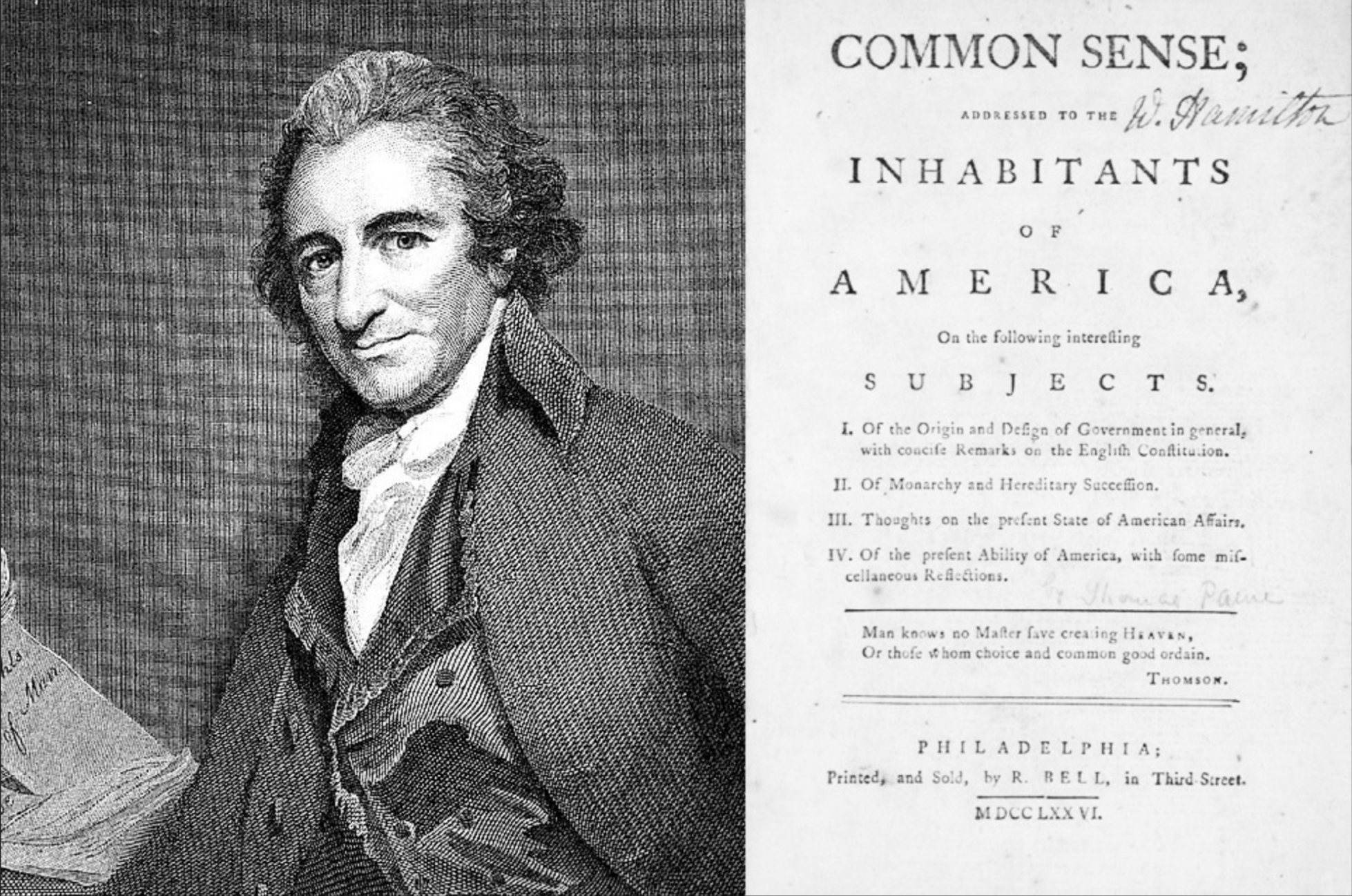Politics & Common Sense — Column by John Spencer
“Doing less so they will have enough.”
That wasn’t just a slogan in 1942; it was the guiding principle of life for my parents’ generation. Born in 1902 and 1906, they were members of America’s “Greatest Generation,” shaped by the crucibles of the Great Depression, World War II, and the Korean War. As a baby boomer raised on our small family farm in Virginia, I grew up absorbing the lessons of their experience.
I vividly recall my father, retired from the U.S. Air Force, and sometimes my mother, describing how neighbors unified during the war—collecting scrap metal and old tires, piling them high for the war effort. My mother showed me her worn ration stamp booklets and her War Department ID card from when she worked to support the cause. Even as a young boy straightening bent nails pulled from old boards so nothing was wasted, I began to grasp the profound sense of shared responsibility they described. These weren’t just stories; they were windows into a national mindset of collective sacrifice.
Eighty years ago, while battles raged overseas, a different kind of fight unfolded on the American home front; one waged through daily choices in every household. Rationing was a fact of life; essentials like gasoline, sugar, meat, and tires were strictly controlled. Yet, Americans accepted this austerity, understanding their small deprivations directly supported soldiers fighting for the nation’s survival.
Contrast that discipline with today, where frustrations flare over delayed online orders or incorrect coffee preparations. Our very definition of “hardship” seems dramatically diminished.
Millions of citizens planted “Victory Gardens,” voluntarily growing food to ease pressure on commercial supplies—ultimately producing an estimated 40% of the vegetables consumed nationwide by the war’s end. Citizens readily purchased war bonds, lending their savings to the government—a collective act of delayed gratification.
Women, teenagers, and retirees mobilized to fill critical roles in factories and farms. This spirit of unity and willing contribution feels distant when compared to modern workplace grievances often focused on minor issues, or the instant gratification frequently pursued through mounting consumer debt (though acknowledging many use credit for necessity).
These experiences shared by my parents inevitably lead me to reflect: Have the forces that once bound our nation together—shared purpose, mutual reliance, common values—begun to tear us apart?
Today, America often, if not daily, feels fragmented, polarized by political and social divisions where trivial disagreements ignite outrage. We seem adrift from the spirit of compromise and collective well-being exemplified by my parents’ generation. Like many of others, they embraced frugality and resourcefulness not merely as necessities, but as virtues, finding pride in repairing, reusing, and living within their means.
This difference highlights more than a generational shift; it signals a troubling cultural drift from foundational American values like resilience, responsibility, unity, and mutual respect. Critically, this internal drift occurs at a moment of heightened global peril.
We face assertive challenges from regimes like China, seeking economic and military dominance; an aggressive Russia destabilizing regions crucial to global security; and the persistent nuclear threat from North Korea and Iran. Furthermore, pressure from European globalist agendas often seeks to subordinate national interests and traditional values to international frameworks.
Confronting these complex external threats requires the same unwavering national unity, clear-eyed resolve, and commitment to shared principles that defined my parents’ generation as they faced down totalitarianism.
We stand again at a critical juncture. Our nation faces daunting challenges, and confidence in leadership is often eroded not only by perceived dishonesty and self-interest but by fraudulent intent and disgraceful self-interest. No political institution nor organization is immune.
Yet, within this struggle lies a clear call to action. If we aspire to restore America’s cohesion and sense of purpose, reclaiming these foundational values is non-negotiable. We must revisit the meaning of true sacrifice, setting aside personal convenience for the Republic’s greater good, just as the Greatest Generation did. Their discipline, unity, and shared purpose provide the roadmap.
Let us actively support leaders and fellow citizens committed to reviving the integrity and virtues that once defined America. Let us attempt to move past the virility, condescending attitudes, hatred, and disunity.
Sacrifices may be required, but our collective resolve, inspired by the quiet strength of generations like my parents’ and many others, can guide us through by renewing the promise and purpose of this exceptional nation.









